blowing out copper water lines with air compressor
fenston
12 years ago
Related Stories
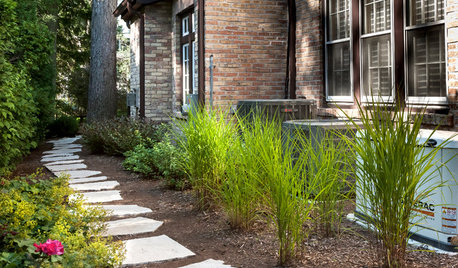
MOST POPULAR5 Ways to Hide That Big Air Conditioner in Your Yard
Don’t sweat that boxy A/C unit. Here’s how to place it out of sight and out of mind
Full Story
MODERN HOMESHouzz Tour: Desert Home Blurs Every Line Between Indoors and Out
Expansive windows, oversize doors, skylights, a covered patio, an atrium and a roof deck make the most of beautiful surroundings
Full Story
ARCHITECTURECity View: Chicago's Contemporary Design Will Blow You Away
Take a whirl through the Windy City's interiors and you might be surprised — they're not all in the conservative camp
Full Story
HEALTHY HOMEGet Cleaner Indoor Air Without Opening a Window
Mechanical ventilation can actually be better for your home than the natural kind. Find out the whys and hows here
Full Story
LIFE6 Ways to Cool Off Without Air Conditioning
These methods can reduce temperatures in the home and save on energy bills
Full Story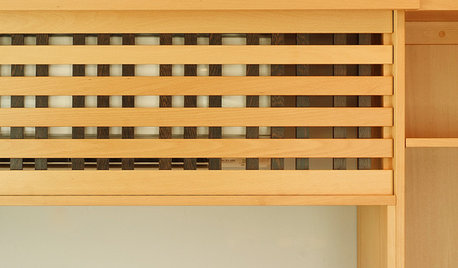
DECORATING GUIDES10 Ways to Hide That Air Conditioner
Feeling boxed in designing around your mini-split air conditioner? Try one of these clever disguises and distractions
Full Story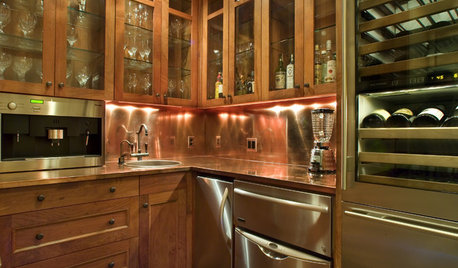
METALCopper, the Dynamic Topper
Time changes copper’s appearance on walls, fireplaces and more, but your love of its look may spring eternal
Full Story
METALCopper: A Traditional Metal Gets a Shiny Update
Although the metal is no stranger to home design, these days its uses are downright brilliant
Full Story
MOST POPULARMy Houzz: Open-Air Living in the Mountains of Bali
Community, jaw-dropping beauty and sustainability come together in a tropical paradise for a London expat
Full Story
DECORATING GUIDES12 Ways to Cool Your Home Without Air Conditioning
If your summer energy bill is leaving you hot under the collar, consider these savvy alternate strategies for cooling down
Full Story





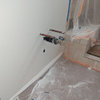
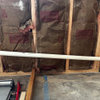
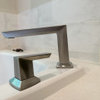
randy427
library_girl
Related Professionals
Worcester Plumbers · North Druid Hills Kitchen & Bathroom Remodelers · Beverly Hills Kitchen & Bathroom Remodelers · Broadlands Kitchen & Bathroom Remodelers · Champlin Kitchen & Bathroom Remodelers · Ewa Beach Kitchen & Bathroom Remodelers · Glen Carbon Kitchen & Bathroom Remodelers · Hunters Creek Kitchen & Bathroom Remodelers · Martha Lake Kitchen & Bathroom Remodelers · New Port Richey East Kitchen & Bathroom Remodelers · Park Ridge Kitchen & Bathroom Remodelers · Patterson Kitchen & Bathroom Remodelers · Placerville Kitchen & Bathroom Remodelers · Rochester Kitchen & Bathroom Remodelers · Roselle Kitchen & Bathroom RemodelersfenstonOriginal Author
alphonse
fenstonOriginal Author
randy427
fenstonOriginal Author
fenstonOriginal Author
randy427
User
randy427
User
fenstonOriginal Author
fenstonOriginal Author